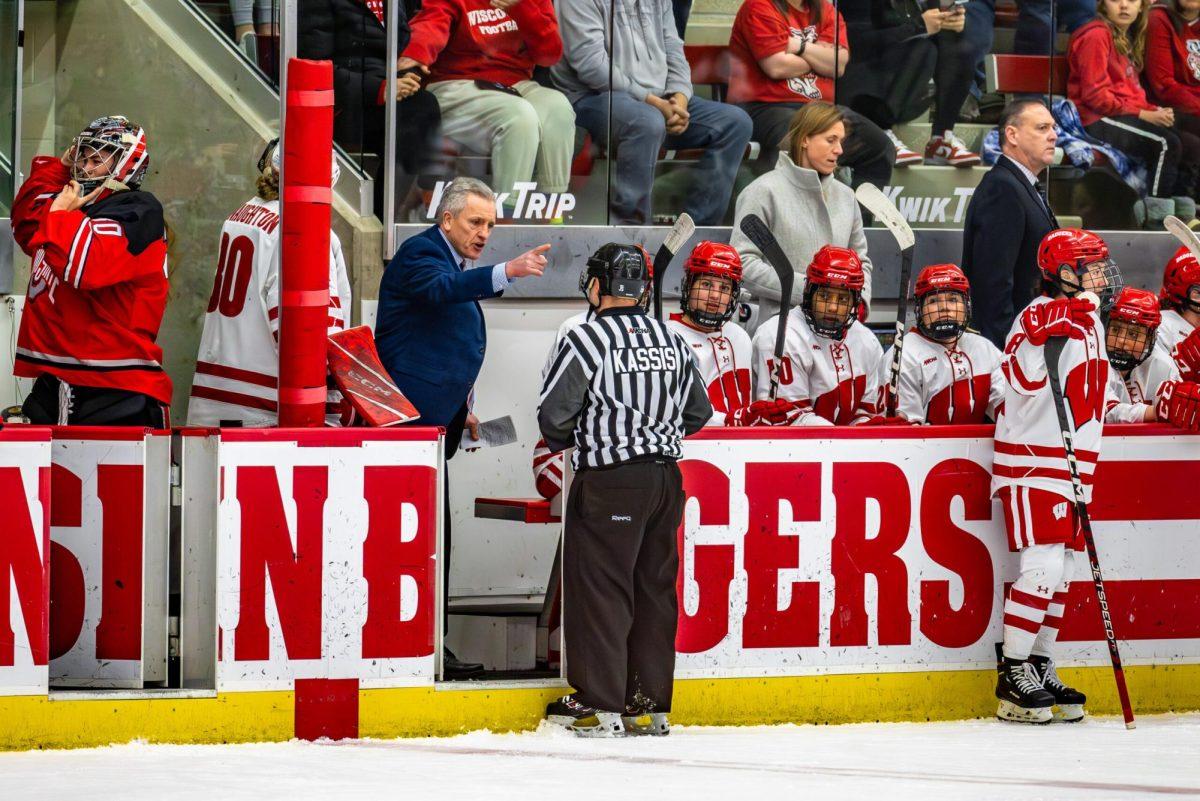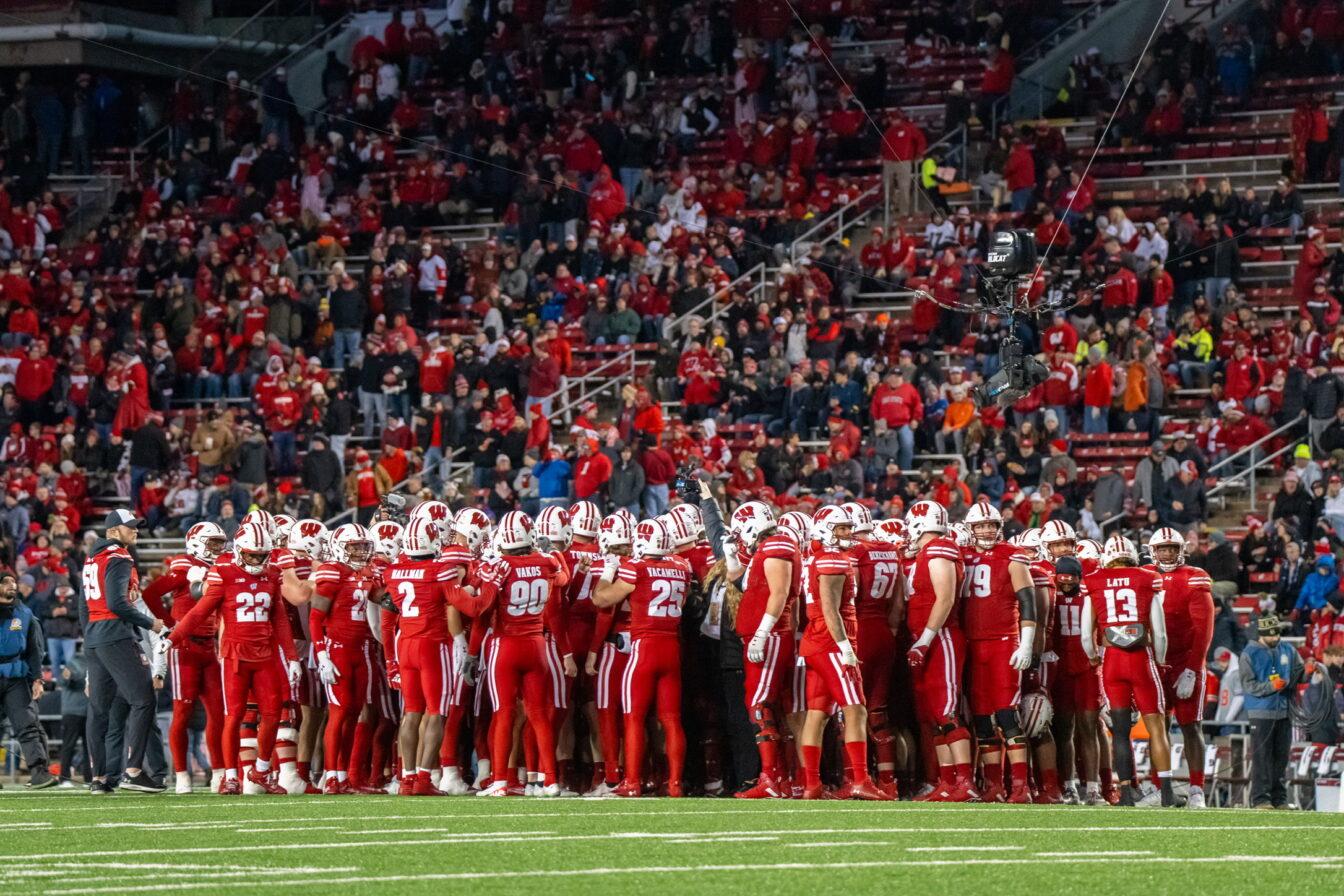I thought my classes were complicated – I know I’m a freshman, but I’m still getting used to college here. Then I tried to understand the National Collegiate Athletic Association.
For those who haven’t heard about what happened at University of Miami a little over a year and a half ago, here’s the college SparkNotes version. Nevin Shapiro was a Hurricanes’ football booster, and beginning in 2002, he began providing illegal benefits to players and recruits – 72 athletes in all, according to Shapiro – as defined by NCAA standards. These benefits included dinners, cash and, in one case, $10,000 to secure the commitment of basketball player DeQuan Jones. However, Shapiro was not just a booster breaking NCAA rules. He was a felon running a $930 million Ponzi scheme.
It all came crashing down in June 2011 when Shapiro was convicted and sentenced to 20 years in prison for the scheme. Shapiro had nothing to lose, so he decided to come forward with claims about what he was involved in at Miami, resulting in an NCAA investigation of the Miami Athletic Department.
And just a little more than a month ago, it seemed like the governing body of college athletics had finally wrapped up its investigation and was about to deal Miami, along with many people and coaches associated with the program, a punishing blow. Well, as it turns out, the NCAA, in trying to deal a knockout punch, may have knocked itself unconscious.
Yes, the NCAA meant well in trying to investigate and prosecute Miami, and although rule breaking in college athletics is nothing new, there have never been problems with the overseer in Indianapolis. That is, until now.
While conducting the investigation of Miami, the NCAA obtained evidence from Shapiro’s attorney, who was defending him in a bankruptcy case that did not involve the NCAA. This evidence was obtained illegally and therefore not usable in the NCAA’s case. And if that’s not bad enough, the NCAA actually had Shapiro’s defense attorney on its payroll, something NCAA president Mark Emmert and others at the headquarters were unaware of until they saw it on an expense list last fall.
What’s ironic about this whole situation is that the NCAA is charging Miami with “a lack of institutional control,” something the policing and rule-setting body appears to be lacking of as well.
What does it all mean?
The facts are on the table now for all to see, but what happens now? Many people and member universities are questioning Emmert as president, including the entire Mountain West Conference, which internally circulated the following memo regarding new leadership:
“Is it time for the presidents to seek new NCAA leadership or a new organization? The NCAA has evidenced decisions that focus on trivial and penalize our athletes. The salaries for the NCAA leadership are excessive and an embarrassment to the Mountain West schools. Their decision making is cumbersome and oblique.”
OK, So Emmert didn’t know what was going on within his own organization and, as president, he is accountable for the ill-advised decisions that were made. That much is true. But the problem that everyone seems to be overlooking is that changing leadership positions won’t fix anything.
There is corruption running rampant throughout college athletics and whether this is a one-time slip up from the NCAA or a continual habit, we now know there is a problem not only with the followers but with the leader as well.
That problem is greed and money. The desire to win national championships and haul in the cash has taken over what was supposed to be a learning experience for student-athletes, at least in the revenue sports. We, as the media, have contributed to this problem by commercializing college athletics and treating the players like objects and not like people.
Well, it’s time for this to stop. The NCAA has to put its foot down and say enough is enough, and it has that opportunity right now. If it lets Miami get off with only self-imposed sanctions, the NCAA will be as good as dead. It must take hard action against Miami with legitimate evidence left to set an example for everyone else. Firing Emmert may be necessary to set an example, but something must be done to reform this slowly corrupting organization. The situation might be hard to understand, but what needs to happen is simple: the NCAA needs to become the National Collegiate Athletic Association again.
Dan is a freshman intending to major in journalism. Do you see a grave future for the NCAA? Let him know what you think by tweeting @DanCoco7.



















